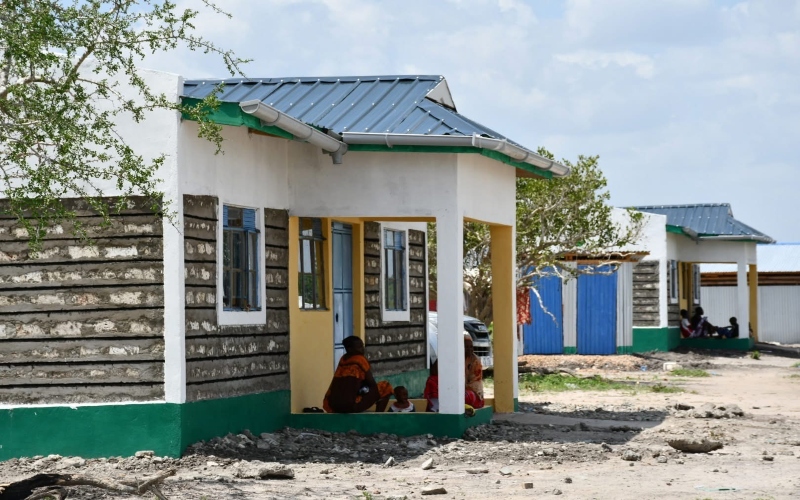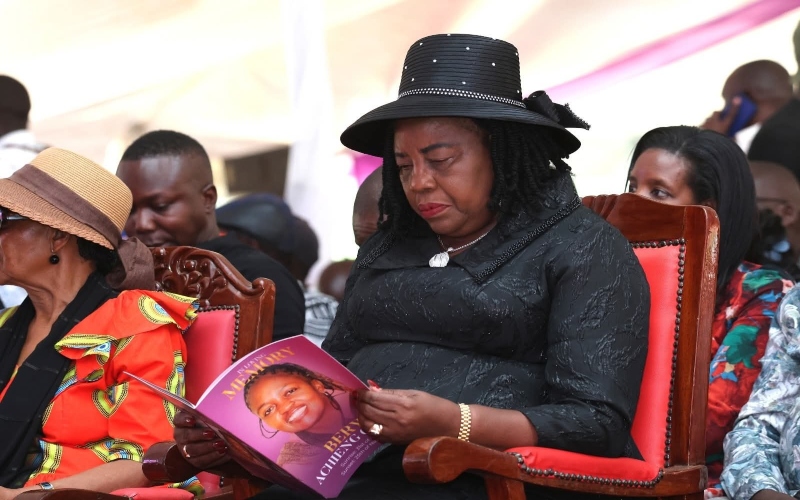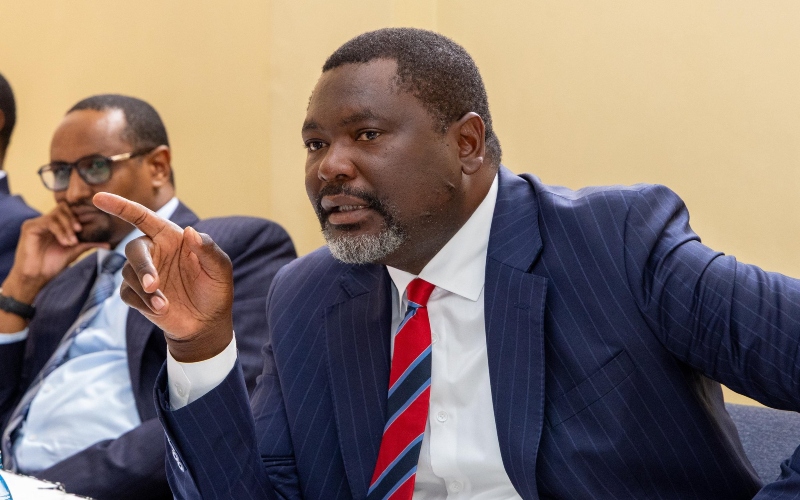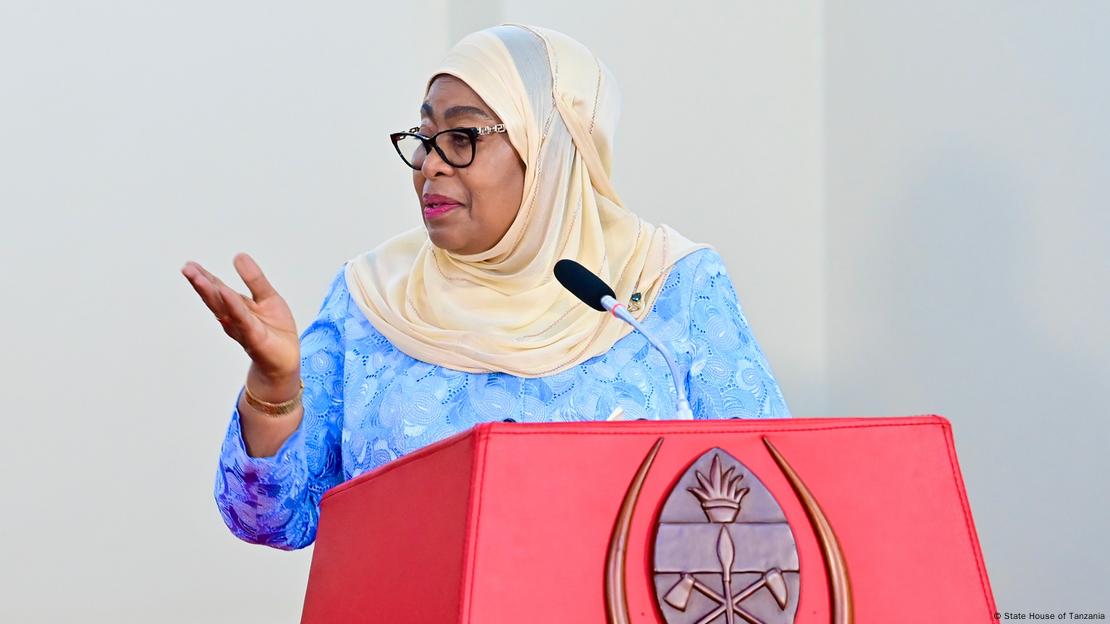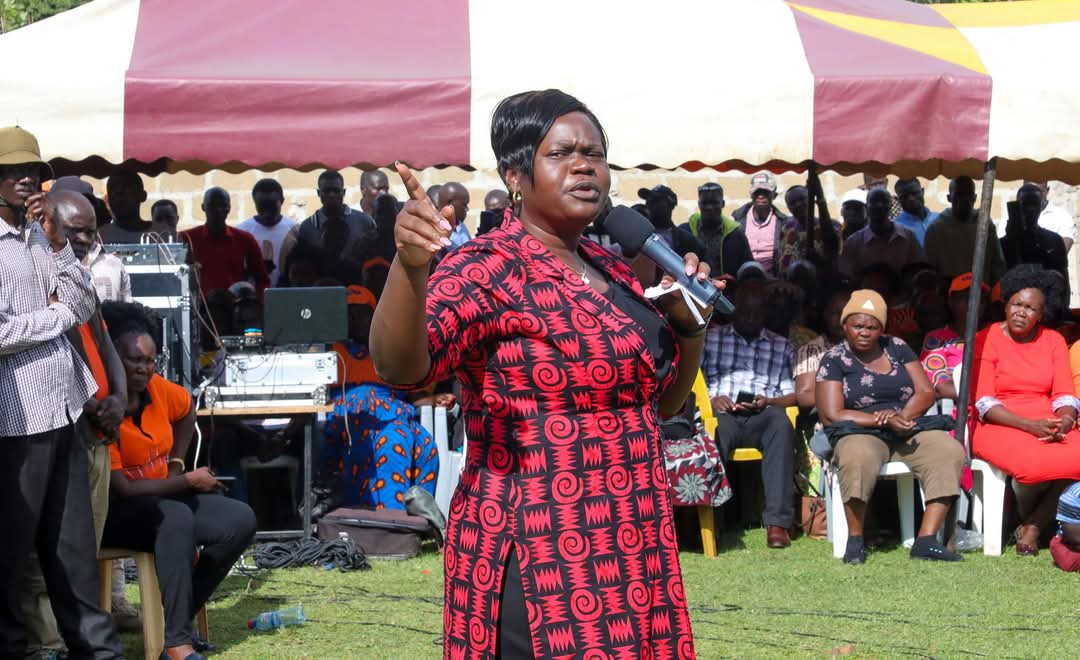UN Relief Chief exits office, expresses regret over global response to humanitarian crises
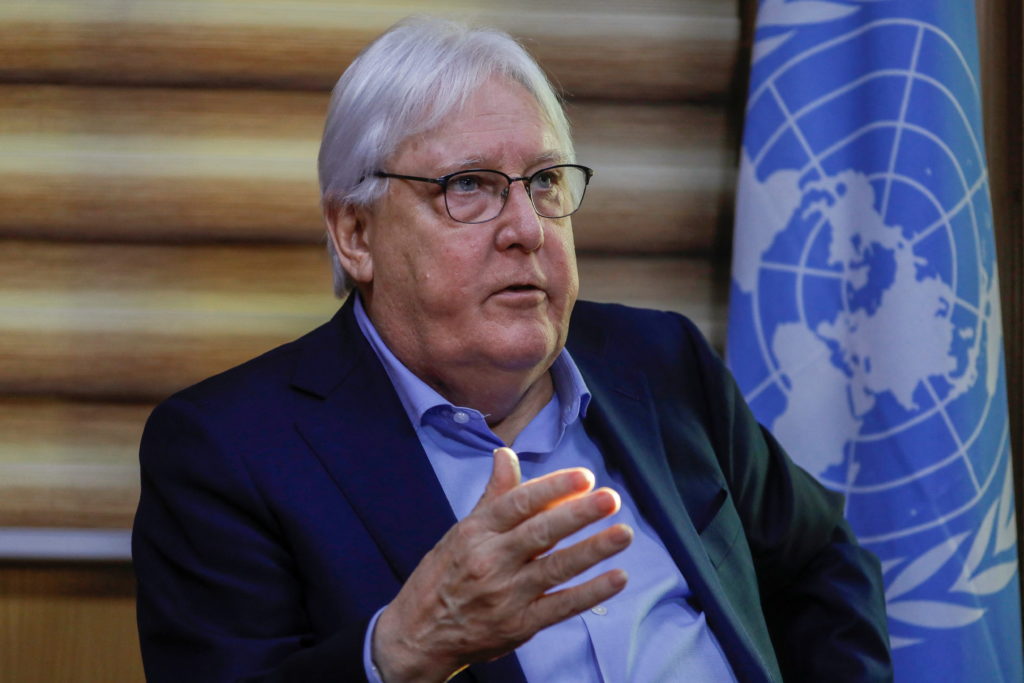
During his final briefing, the 72-year-old veteran British diplomat said the international community is not resolving conflicts through dialogue, as envisioned nearly 80 years ago in the UN Charter.
Martin Griffiths has left the United Nations Office for the Coordination of Humanitarian Affairs (OCHA) unfulfilled and disappointed at the state of humanity in the world.
His departure follows an announcement he made in March this year of his intentions to vacate the office due to ill health.
More To Read
- Sudan’s crisis deepens with communities trapped in ‘siege conditions’
- UN rights office condemns ‘apparent summary execution’ of two men in the West Bank
- Aid access and hospital operations remain constrained in Gaza
- IGAD rallies region to tackle deepening displacement crisis amid funding cuts, conflict
- Technology of freedom, risk of violence: Digital divide facing women in post-war Tigray
- Gazans continue heading home as ‘fragile ceasefire’ holds
"I leave this job with a sense of work unfulfilled because the world is a worse place now than when I joined up in 2021," Griffiths said in his final briefing to journalists as UN Humanitarian and Emergency Relief Coordinator.
Griffiths who has served in the position for three years had told the Associated Press in March that he got a severe case of COVID-19 in October last year and was still suffering from long COVID at the time.
During his final briefing, the 72-year-old veteran British diplomat said the international community is not resolving conflicts through dialogue, as envisioned nearly 80 years ago in the UN Charter.
"Classic political diplomacy has all but disappeared and impunity is rife. We are not resolving conflicts. We are not using dialogue where we had committed ourselves to using dialogue," he said.
"Case in point is the DRC conflict whose two-pronged political processes to end the decades-long violence in the country stalled."
Griffiths said he has noticed how humanitarian diplomacy has been obliged to take a front seat in the absence of much political diplomacy because of the divisions of geopolitics facing the world today.
 Palestinians wait to collect food at a donation point in a refugee camp in Rafah in the southern Gaza Strip, on December 23, 2023. (Photo: Mahmud Hams/AFP)
Palestinians wait to collect food at a donation point in a refugee camp in Rafah in the southern Gaza Strip, on December 23, 2023. (Photo: Mahmud Hams/AFP)
"Humanitarian diplomacy is both an opportunity for us to do good for the world, but also in its ubiquity is a reminder of the absence of classic political diplomacy," he said.
Declining humanitarian aid
The diplomat took over the helm of OCHA in July 2021 as crises were escalating across the globe and financing for humanitarian aid was declining.
Last year, the UN cut its global aid appeal to USD46 billion to help 180 million access food and essential aid in 2024 despite escalating needs.
The reduction was made after the UN received just over one-third of the USD57 billion it sought to help 245 million people this year, "making this the worst funding shortfall in years," Griffiths said at the time.
"Halfway through the year, it's never been quite as difficult and as bad as it is now."
Other Topics To Read
Today, some 300 million people worldwide need humanitarian assistance, but support is being cut by humanitarians who he said are not the saviours.
"The saviours of this world are people who end wars and build peace," he said.
He will be remembered as the UN chief who disputed Hamas's designation as a terror organisation.
Griffiths lamented that he leaves the seat while attention is being paid to the big wars happening in Gaza, Sudan, and Ukraine - whereas Syria, Yemen and Haiti are places still of great suffering.
Others are Sudan, Ethiopia and the Democratic Republic of Congo (DRC).
"Tigray was a terrible, terrible time, and we haven't talked about it recently. And yet, there is speculation about famine there," he said.
He added that the Tigray crisis was overtaken by the situation in Afghanistan, where the Taliban walked into power in August 2021 and around the same time, Haiti was struck by a massive earthquake "which barely made the news".
Top Stories Today


